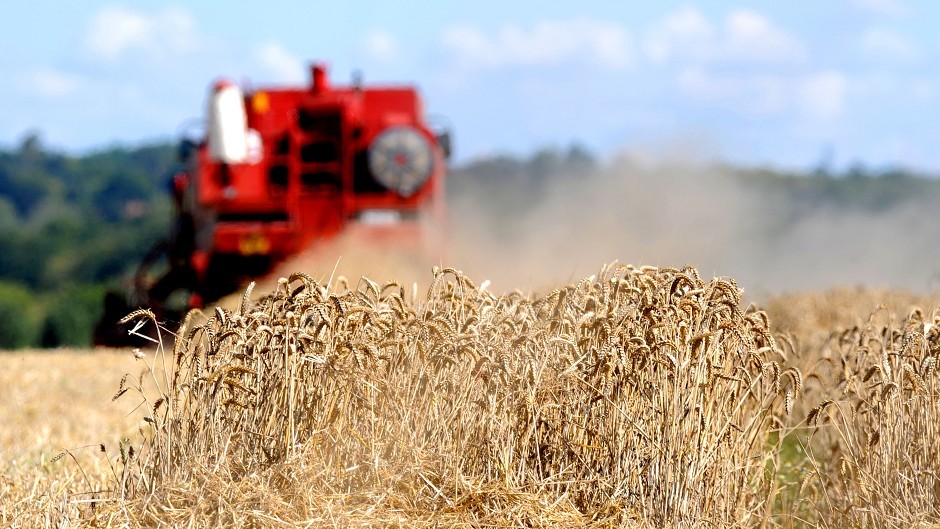Scottish farmers could face strict sanctions making it impossible to grow genetically modified (GM) crops should the technology be given the green light by the UK Government.
Speaking at the Oxford Farming Conference this week, Defra minister Liz Truss said she wanted UK farmers to have the choice to use this technology.
“I want to see the decision-making over GM crops made at a UK level,” said Ms Truss.
“I do think that they have a role to play here in Britain; I think our farmers need access to the technology that’s going to help them compete in global markets.”
Her enthusiasm for the technology was not shared by Scots farm minister Richard Lochhead who said GM crops were not in line with Scottish Government policies.
Although it would not be within the remit of the devolved administration to determine whether or not farmers could grow the crops, Mr Lochhead said other measures could be put in place to make it too burdensome to do so.
“I don’t want to see GM cultivation jeopardising Scotland’s reputation as a clean, green food country,” he said.
“Liz Truss would be wise to listen to consumers. I think the jury is out on the scientific, environmental, health and economic cases for GM in Scotland and the UK.”
When asked if he had consulted Scots growers on the government’s position, Mr Lochhead said: “I do not detect any significant appetite for GM crops in Scotland and I certainly do not detect any appetite for consumers in Scotland to support GM cultivation.
“I sat next to a major importer of food to the US who told me his company was now reviewing its GM policy due to the backlash from American consumers.”
His views were not shared by the other politicians attending the conference.
Both Huw Irranca Davies, from Labour, and Stuart Agnew, from Ukip, spoke out in favour of the technology.
The Labour farming chief said: “I think it has been a frustration at an EU level that the investment and innovation in this technology has been stagnate.”
Mr Agnew, who was a previous GM crop trials grower, said the Ukip party wanted to hold a free vote in the House of Commons on whether or not UK farmers should be allowed to grow GM crops.
“I would vote in favour so long as the food was labelled for it,” he said.
Also getting behind the technology at this week’s conference was leading scientist Lord John Krebs.
Climate change was a reality, said Lord Krebs, and the agricultural revolution of the first half of the 20th century had come with an “environmental price tag”.
“It depleted natural resources such as water and soil, it used large amounts of energy, it polluted the environment and it caused loss of biodiversity,” he added.
The next revolution in agriculture would need to grasp new technologies, including GM, said Lord Krebs.
“We need to move on from the irrational protest days to accepting that GM could bring real benefits,” he concluded.
